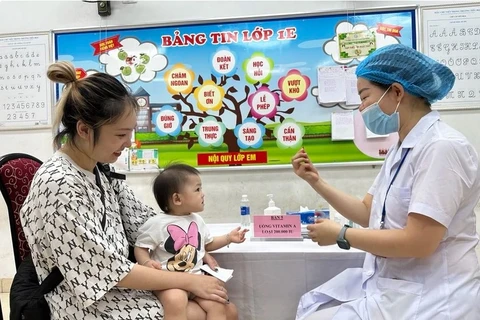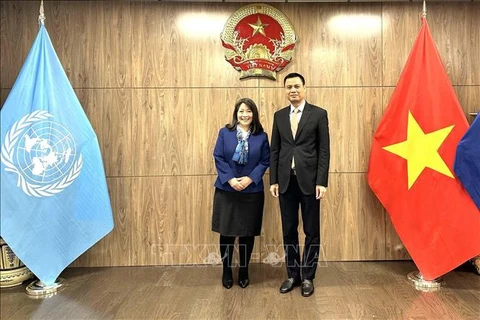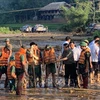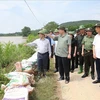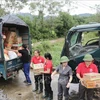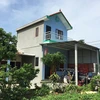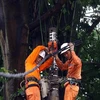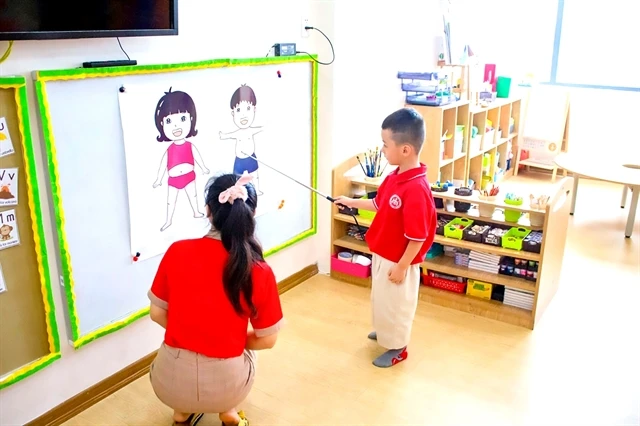
Hanoi (VNS/VNA) - Sex education for children is extremely important, helping children understand themselves, know how to protect themselves and avoid many risks or bad traps.
In fact, sex education for children is still an issue that makes many parents worry and not know how to start talking to their children about this sensitive issue.
Dam Thu Nguyet, from Cau Giay district, Hanoi has a 12-year-old daughter studying the sixth grade. In her free time, she often watches YouTube videos and asks her mother some questions related to gender or the development of body parts. At first, Nguyet often ignored the questions and changed the topic to other stories, thinking that when she grows up, her child will understand.
When her questions went unanswered, the daughter turned to the internet to study for herself.
It was by accident that Nguyet learned her daughter had been to 'sensitive' websites with offensive language.
She then made the decision to have a serious conversation with her child, providing answers to her inquiries and assisting her in learning more about the psychology of puberty and how to avoid falling for a variety of online and offline traps.
Psychologists say that sex education is a process that involves children's psychological growth from childhood to adulthood rather than a one or two day event. Youngsters are naturally inquisitive and like learning about gender roles and the distinctions between the sexes.
Parents must be explicit rather than evasive or unclear. In order to be more proactive in providing their children with knowledge and supporting them throughout life, parents must be close to their children, recognise changes in their gender and psychology at an early age and therefore reduce the risk of sexual assault.
According to Tran Van Anh, deputy director of the Management and Sustainable Development Institute, in the context of the technology explosion, children tend to have earlier access to digital platforms, especially social networks. In addition to content about gender, children need to be equipped with additional information and skills about safety both in real life and in the digital space.
In the family environment, many parents still think that gender is a sensitive issue, so they should wait until the child is older to discuss and absorb it.
In fact, parents should teach their children about gender education as soon as they become aware of the hazards to their safety, she said. Educators must also give children relevant knowledge and information that will enable them to identify their gender and the typical behaviours that go along with it. This would make children self-assured and able to identify safe spaces, risks, and dangerous situations so they can act quickly to prevent, avoid, and seek help.
"Parents must create a safe, open, and sincere space so that children can confidently share, ask questions, and feel respected in order for guidance and education to be most effective," the expert said.
When children are equipped with and fully acquire information and knowledge about gender, along with practising necessary life skills, they will develop in a healthy, safe and confident way in understanding and managing aspects of gender and sexual relations in their lives, according to the expert.
A number of things must be made sure when teaching and accompanying children: accurate and age-appropriate information and establishing a transparent and accepting learning environment.
She suggested creating an environment where kids may ask questions and voice their worries without worrying about being judged, as well as encouraging them to ask and talk about gender-related issues in a natural and comfortable way.
Psychologists believe that the best defence against child violence and sexual abuse is their own knowledge as well as the awareness of adults, families, and society at large on the need to care for and protect children./.
